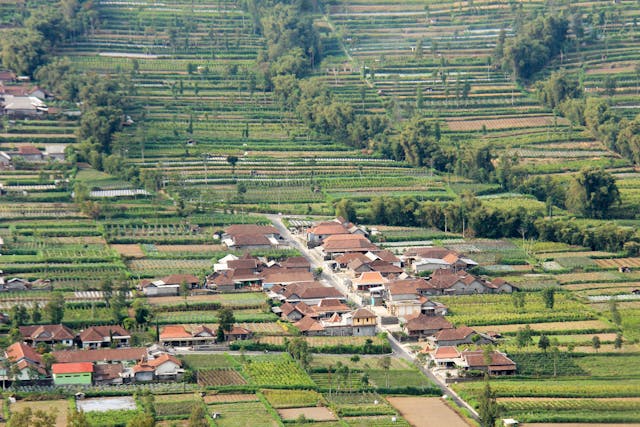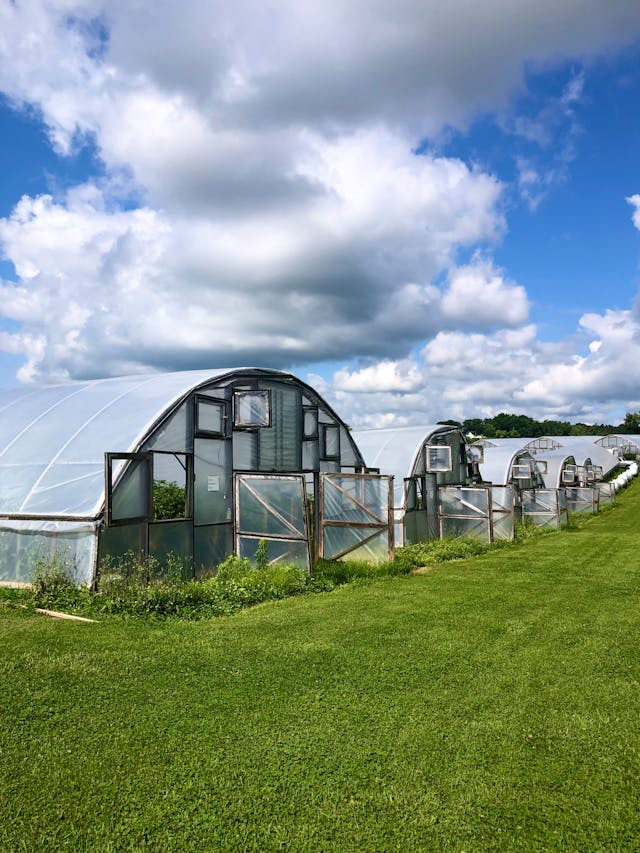Farmers do more than just sow seeds and pray for rain. To flourish, one must combine science, art, and strategy in a sophisticated way requiring careful financial preparation. Farmers have special difficulties from climate change to changing market needs as the agricultural scene develops.
Developing a strong financial plan that not only supports present operations but also opens the path for sustainable practices in the future will help one to negotiate these choppy seas successfully. Whether your experience level is that of a novice farmer or seasoned one, knowing your finances will make all the difference between lush fields and desolate terrain.
Let’s explore some important ideas that will enable you to embrace sustainable agricultural methods and properly handle your financial resources.
Considerations Regarding Financial Decisions Made in Agriculture
Making wise financial decisions in agriculture finance calls for thorough awareness of many elements. Start by looking at the market trends for your particular cattle or crops. Prices change depending on supply and demand; so, keeping current will enable you to make wise selling judgements.
Then closely review your production expenses. This covers everything from seeds and fertilisers to workers and equipment upkeep. Knowing these prices helps you to spot places where you may reduce expenses without sacrificing quality.
Furthermore, very important in decision-making are outside economic circumstances. Profitability is influenced by government policy, inflation, and interest rates as well as by Knowing these elements will assist direct your financing choices and investments.
Always compare your long-term objectives with your present requirements. Longevity in farming depends on juggling future sustainability with current income flow. Careful consideration of these factors will help you to negotiate the difficulties of agricultural finance and promote sustainable practices benefiting your farm and the surroundings going ahead.

Value of Ecological Agriculture Methods
Long-term survival of our surroundings and societies depends on sustainable farming methods. They make sure we may create food without running out of natural resources. Farmers are very important in keeping ecological balance by concentrating on techniques that protect soil quality, water sources, and biodiversity.
Moreover, sustainable agriculture improves resistance against climate change. It helps farmers to minimise carbon footprints by adjusting their methods to changing climatic conditions. Farms help the earth when they cut waste and include sustainable energy sources.
Customers want openness about the methods used in growing their food more and more. In addition to drawing purchasers who care about the environment, sustainable methods help to establish confidence between producers and customers. This change towards environmentally friendly farming opens chances for expansion of the market.
Additionally encouraging innovation in agricultural technologies is sustainability investing. As farmers look for ways to run more effectively while tending to their property, new ideas surface that might benefit the environment as well as profit.

Creating an Agricultural Expense Budget
Farmers that want to be sustainable and profitable depend on budgeting for agricultural expenses. It calls for predicting expenses from equipment upkeep to seed purchasing.
List all possible expenses first: labour, petrol, and fertilisers among others. Every item adds up fast, hence you really need to be thorough. Guide your projections with past season historical data.
Think about building a flexible budget that lets you accommodate unanticipated developments. Market swings or weather can have a big effect on expenses.
Monitoring real expenditure against your budget over the season provides information on areas where you may cut costs or make needed changes. This continuous assessment guarantees that every dollar invested advances your farming objectives.
Not overlooked are long-term investments as well; funding sustainable practices or technological improvements will pay out handsomely down the road. In agriculture, balanced budgeting lays a road map for financial stability.







